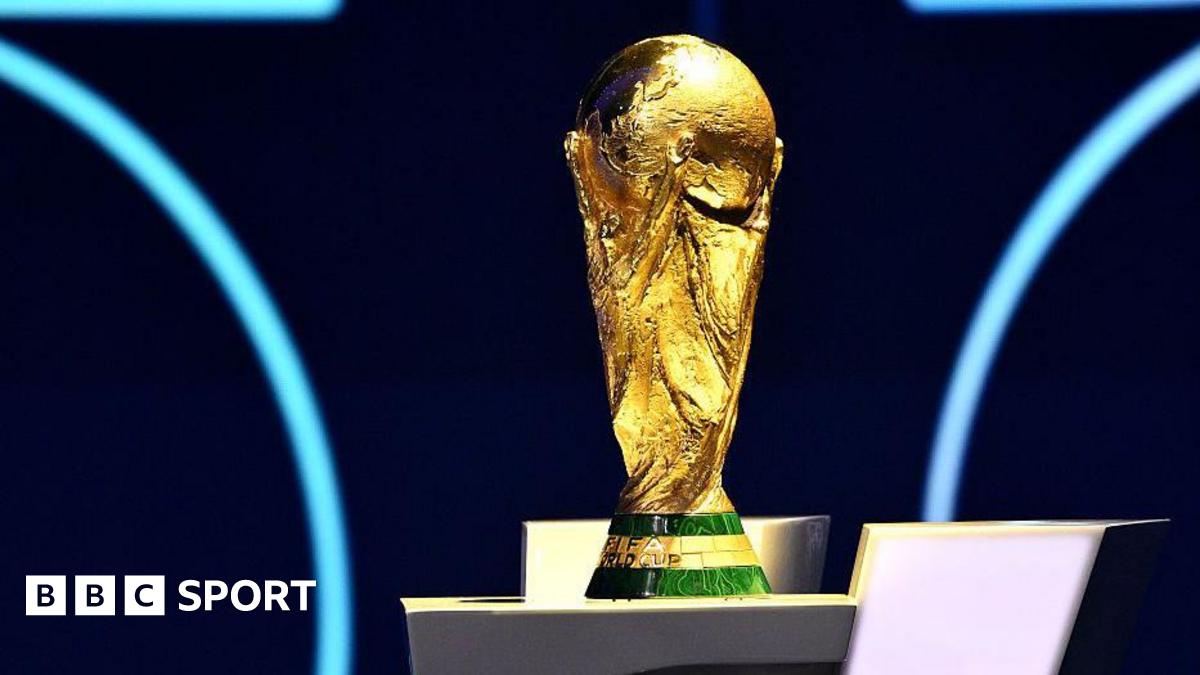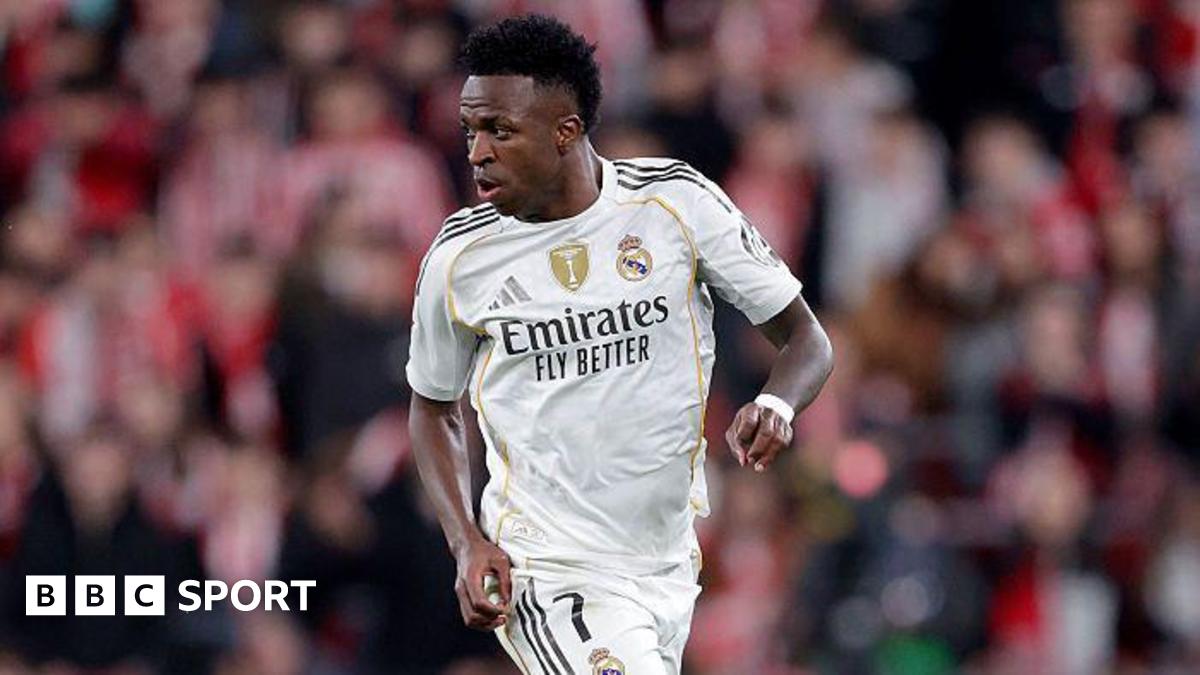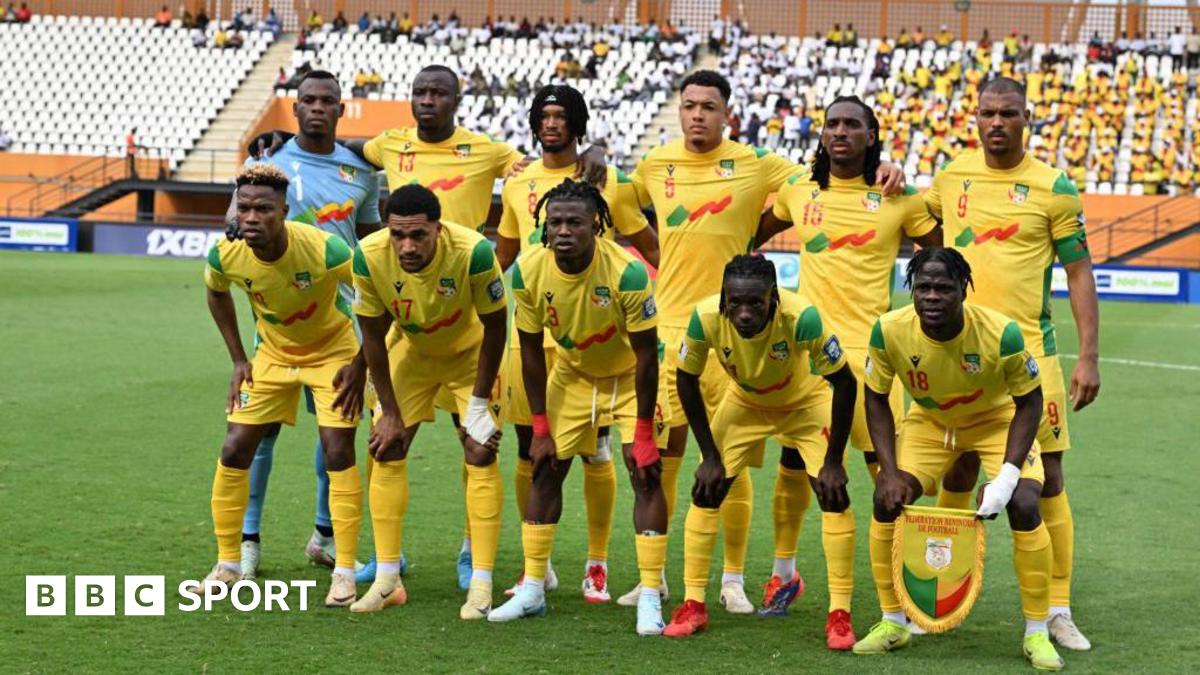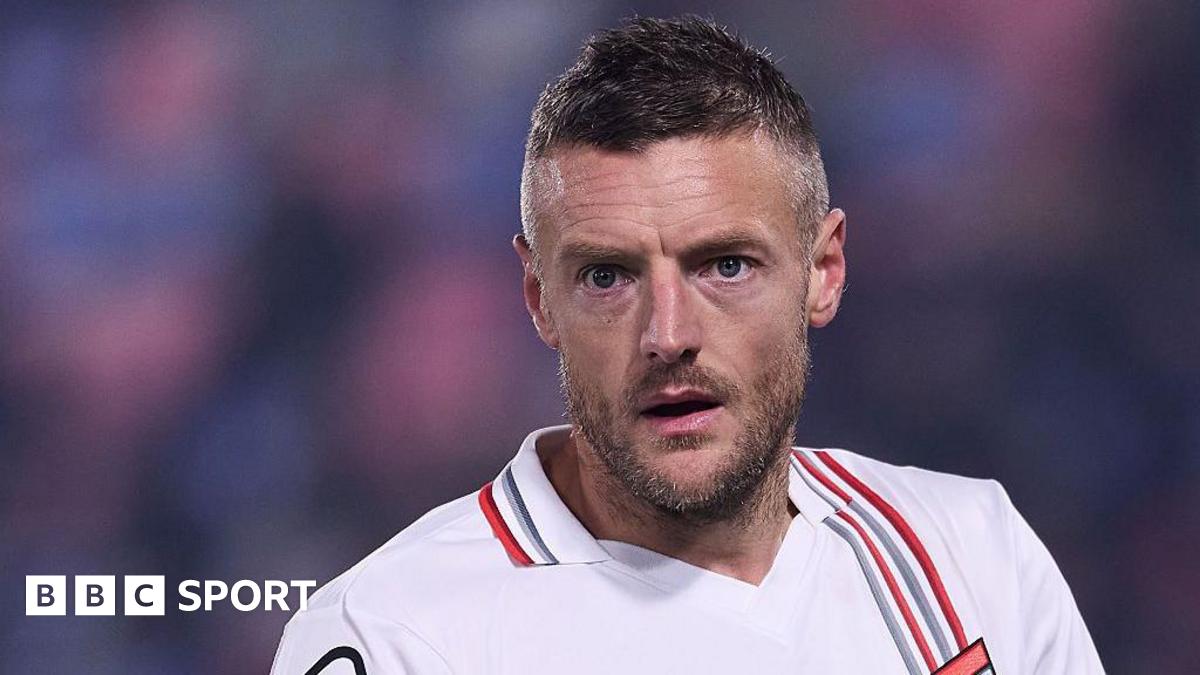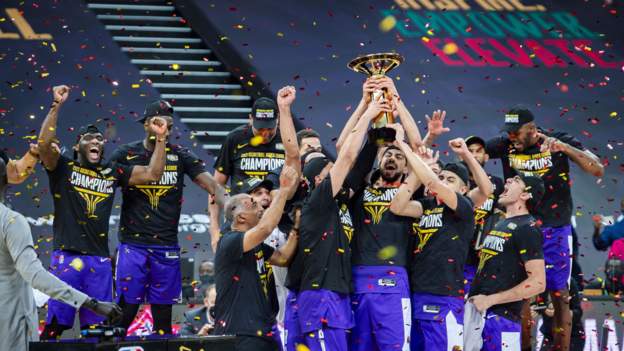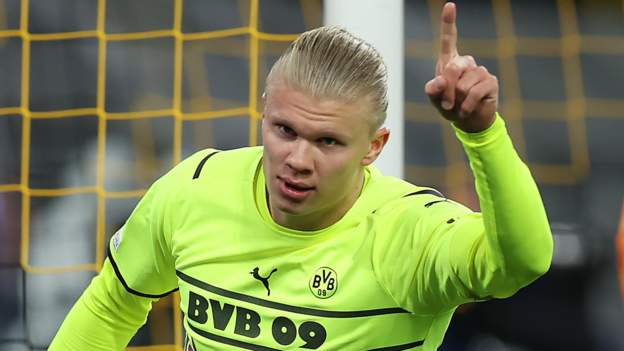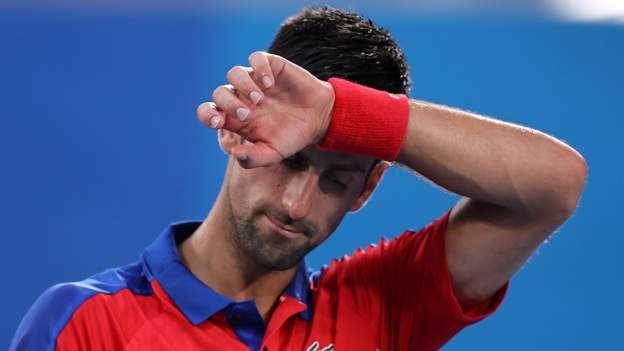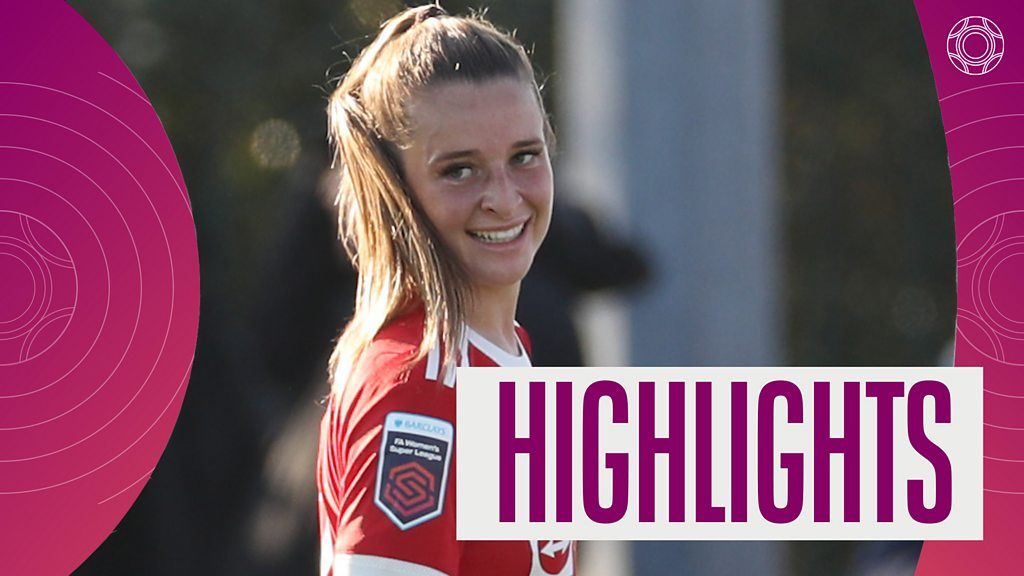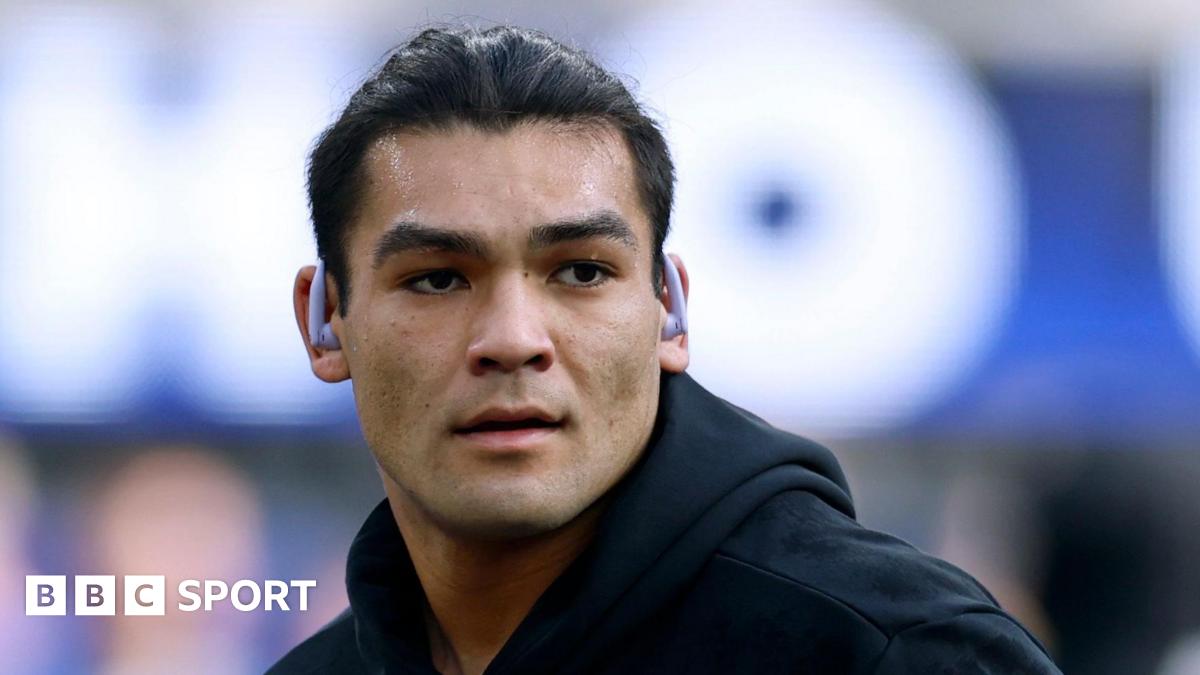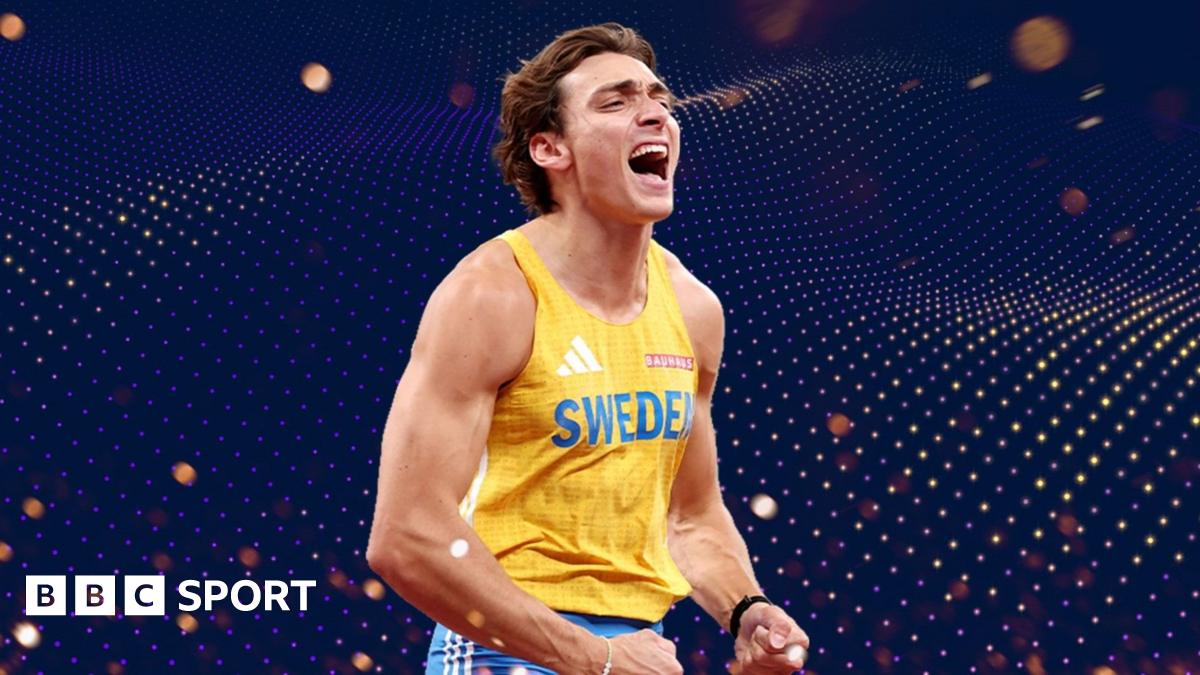Organisers of the Basketball Africa League (BAL) hope the competition will be expanded in the future, with 12 teams once again set to take part in its second season.
However, the 2022 campaign will see the sides from around the continent split into two conferences of six teams, with a total of 38 games – an increase from 26 matches in the inaugural season played in Kigali, Rwanda earlier this year.
One conference will played in the Senegalese capital Dakar in March, with the other hosted in the Egyptian capital Cairo in April.
Each conference will be made up of 15 matches on a round-robin basis, with the top four progressing to the play-off event in Kigali in May,
“I have no doubt that the interest is there and in due course we will look at getting more teams involved,” BAL president Amadou Gallo Fall told BBC Sport Africa.
“For now we are pleased with the path and are going to continue to be very strategic in terms of the changes we make at the end of every season, like we did at the conclusion of last season.
“Going from 26 games in the first season at a single site in Kigali last year to 38 games in three cities and playing over a period of three months is progress and really some big steps. We get a lot of questions about the number of teams and whether we are going to increase it, but for now we are sticking to 12 teams.
“We have a solid foundation for long-term success.”
Twelve national league champions will once again qualify for the second BAL season, including through the Road to BAL qualifying tournaments conducted by Fiba Africa across the continent.
Egyptian club Zamalek won the inaugural BAL in May as they beat US Monastir from Tunisia.
The second season will begin on 5 March 2022, with further announcements about competing teams, conferences and additional details set to follow at a later date.
BAL wants to be ‘premium product’
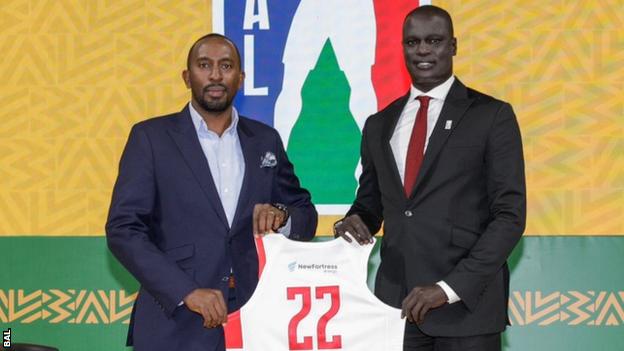
Supported by the the International Basketball Federation (Fiba) and America’s National Basketball Association (NBA), the first season of the BAL was broadcast in 215 territories.
Just 12 of the 144 registered players last season were permitted to be non-Africans, with US rapper J Cole among them.
Having replaced the old Africa Basketball League, another pan-African club tournament which had been running since 1971, Fall is keen for the BAL to attract “elite talent” as it continues to grow.
“Our goal is to build a product that is the premium professional basketball league right here in Africa,” he said.
“Obviously the best talent will always put themselves in the position to have different choices. But we want their first choice to be the Basketball Africa League – or if they have to leave they should be going to the NBA, which is the best professional league in the world.
“Our opportunity here is to retain top talent from Africa, to continue to produce top talent through the work NBA Africa is continuing to do and different collaborations with Fiba.
“For us, this league is going to be a platform where elite talent will be showcased. We want to make sure we do what we need to do to be extremely attractive and one of the best professional basketball leagues in the world in years to come.”
Highlighting “world class” facilities for the Cairo-based conference, Fall believes the BAL can act as a driving force for improvements across Africa.
“This is a big part of what we hope to see across the continent – where governments are seeing an incentive in building these facilities because sports and entertainment can be a major contributor to GDPs of countries,” the Senegalese said.
“We at the Basketball Africa League are looking to build an industry around basketball primarily, but that will integrate all the creative industries – from music to fashion to art. Having these types of infrastructure is going to help promote that.”






